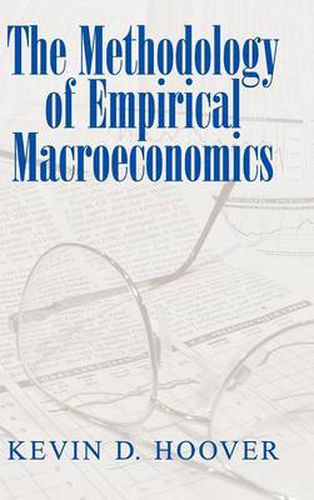Readings Newsletter
Become a Readings Member to make your shopping experience even easier.
Sign in or sign up for free!
You’re not far away from qualifying for FREE standard shipping within Australia
You’ve qualified for FREE standard shipping within Australia
The cart is loading…






The Methodology of Empirical Macroeconomics stakes out a pragmatic middle-ground between traditional, prescriptive economic methodology and recent descriptive (sociological or rhetorical) methodology. The former is sometimes seen as arrogantly telling economists how to do their work and the latter as irrelevant to their practice. The lectures are built around a case study of a concrete example of macroeconomic analysis. They demonstrate that economic methodology and the philosophy of science offer insights that help to resolve the genuine concerns of macroeconomists. Some examples of questions addressed include: What is the relationship between theoretical models and empirical observations? What is the relevance of macroeconomics to policy? Should macroeconomics be viewed as a special case of microeconomics? What is the place of long-standing philosophical issues in macroeconomics, such as the scope and nature of economic laws, the role of idealizations, methodological individualism, and the problem of causality?
$9.00 standard shipping within Australia
FREE standard shipping within Australia for orders over $100.00
Express & International shipping calculated at checkout
The Methodology of Empirical Macroeconomics stakes out a pragmatic middle-ground between traditional, prescriptive economic methodology and recent descriptive (sociological or rhetorical) methodology. The former is sometimes seen as arrogantly telling economists how to do their work and the latter as irrelevant to their practice. The lectures are built around a case study of a concrete example of macroeconomic analysis. They demonstrate that economic methodology and the philosophy of science offer insights that help to resolve the genuine concerns of macroeconomists. Some examples of questions addressed include: What is the relationship between theoretical models and empirical observations? What is the relevance of macroeconomics to policy? Should macroeconomics be viewed as a special case of microeconomics? What is the place of long-standing philosophical issues in macroeconomics, such as the scope and nature of economic laws, the role of idealizations, methodological individualism, and the problem of causality?